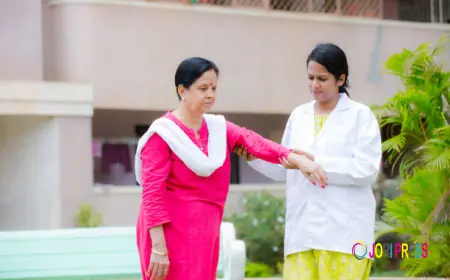Uganda sets 15 new standards for nsenene, ants sale


Uganda has introduced 15 new standards to regulate the harvesting, processing and sale of the country’s beloved long-horned grasshoppers (nsenene) and other edible insects.
The standards developed by the Uganda National Bureau of Standards (UNBS) in collaboration with the African Organisation for Standardisation (ARSO) cover the entire value chain, from wild harvesting and farming to processing, hygiene, packaging, safety, and trade regulations.
The standards also cover other edible insects such as crickets, locusts, bee larvae, termites, white ants and dung beetles, which are increasingly reared for both human consumption and as raw material for animal feeds.
Edible insects are becoming an important protein alternative across Africa as demand for animal protein outstrips what traditional livestock systems can sustainably provide. In Uganda, trading in nsenene remains a thriving business, particularly in the central region, where the crunchy delicacy is a seasonal staple.
UNBS executive director Eng. James Kasigwa said standardising edible insects will help guarantee consumer safety, product quality and market growth. He said the demand for animal protein is rising due to population growth, urbanisation and changing diets.
“Insects now present a promising and under-utilised alternative. They are rich in proteins, vitamins and minerals, require minimal land and water and have significantly lower greenhouse gas emissions,” said Kasigwa.
Patrick Mugisha, commissioner for business development in the ministry of Trade, said the move would boost competitiveness and business opportunities as Uganda pursues its goal of expanding GDP from $50 billion in 2023 to $500 billion by 2040. 
In a speech read by Mugisha, state minister for Trade Gen. Wilson Mbadi said insect proteins, which range from 35 to 60 per cent, present a viable alternative to expensive animal-feed ingredients. Uganda has been at the forefront of insect farming initiatives.
In 2016, Flying Food Uganda supported 39 cricket-rearing centres, and as of January 2025, more than 2,000 farmers and 16 community and school breeding centres were engaged in insect production. Makerere University helped pioneer early standards for edible insects in 2017/18, later adopted by Kenya and Rwanda.
ARSO secretary general Dr Hermogene Nsengimana urged member states to enforce the standards to unlock trade within the African Continental Free Trade Area (AfCFTA).
“Standards that remain on paper are meaningless. Implementation is what drives trade and consumer trust,” Nsengimana stressed.
Dr Jimmy Pittchar of the International Centre for Insect Physiology and Ecology (ICIPE) highlighted the sector’s economic potential, citing a global market for edible insect products worth $1.35–$1.77 billion today, projected to reach $4.38–$17.9 billion by 2033.
Both ARSO and UNBS pledged to support 200 small and medium enterprises to adopt the new standards and scale up production of insects for food and feed.
What's Your Reaction?
 Like
0
Like
0
 Dislike
0
Dislike
0
 Love
0
Love
0
 Funny
0
Funny
0
 Angry
0
Angry
0
 Sad
0
Sad
0
 Wow
0
Wow
0


















































